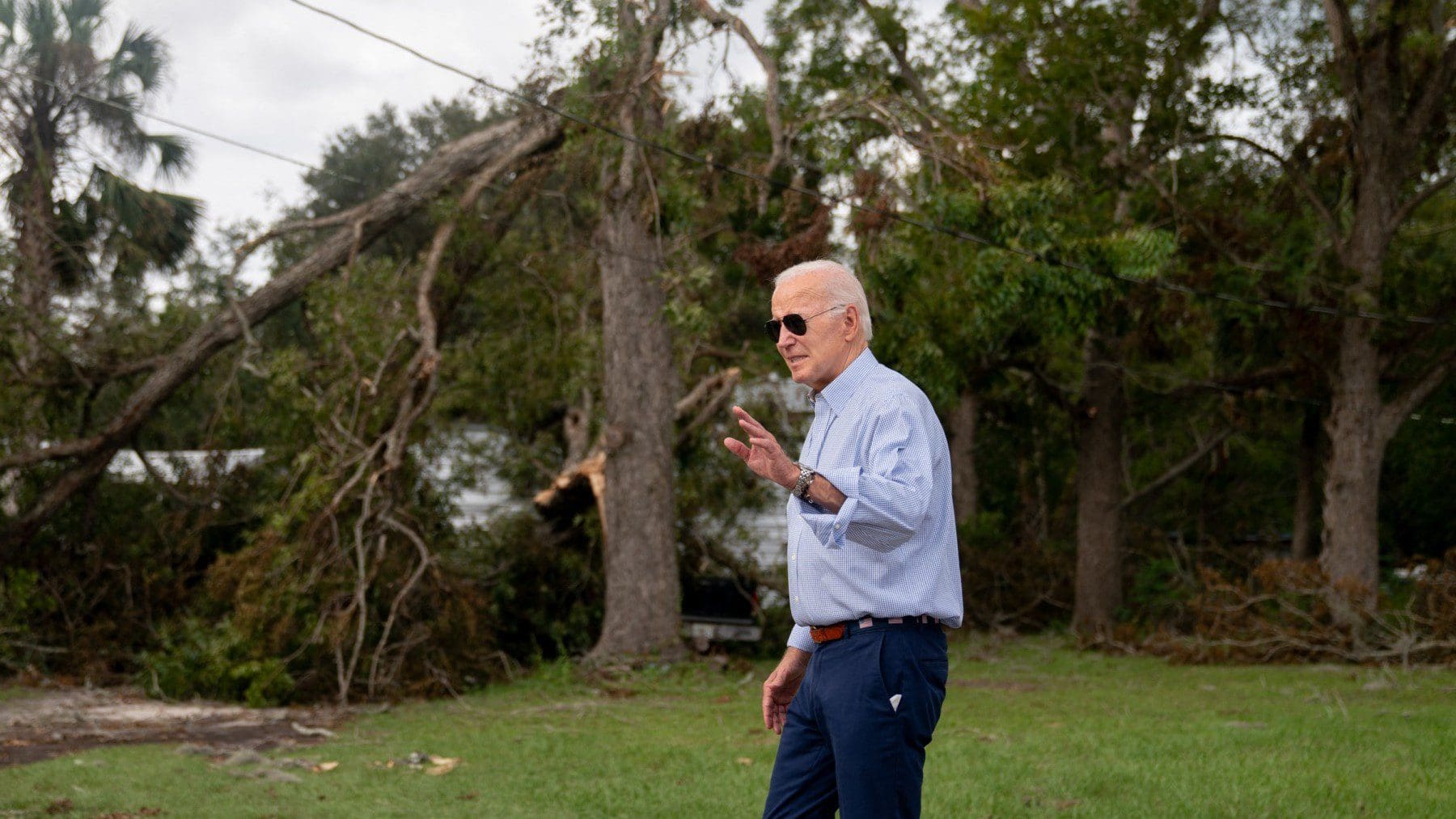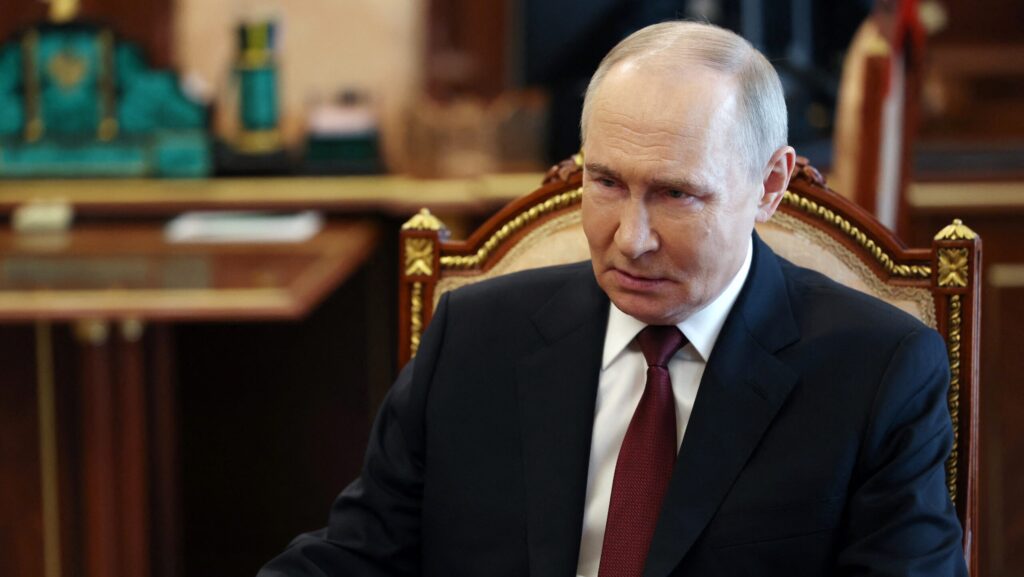In the first instalment of our two-part series, we looked at the American political system and the most significant contenders in the US presidential race. In Part II, we take a look at the lesser-known candidates, and attempt to draw some conclusions.
Republicans: The Wild Cards and the Rest
Tim Scott, the only African American vying for presidency who has any realistic chance of becoming a front-runner, is trying to fill the vacuum left by the dwindling numbers of DeSantis. The Senator has mostly mainstream, if not hardliner, conservative stances on every issue from abortion, regarding which he advocates a 15-week national limit, to China and Russia, on which he is hawkish. Genuinely, or by calculation, he tries to position himself as a pre-Trump Republican mainstream candidate, distancing himself from both the moderates and the genuine hardliners. Scott hopes that his likeable and approachable personality, combined with his experience as a lawmaker, in addition to his diversity appeal, can make him the number one choice in his party.
Polling around two to three per cent, but also having some potential as the wild card, Chris Christie is an interesting outlier in the field. The obese and loud New Jersey governor has a brash and Trump-like style, while his policy positions are usually moderate. Christie, for instance, is a centrist on abortion and LGBTQ issues, while taking a hard-line stance on China, Russia, as well as on illegal immigration. He also advocates for tax cuts and curbing regulations, along the traditional Republican lines.
Christie, however, is less about theory, and more about action.
He often flaunts his credentials of being a competent governor of New Jersey, and thus winning in a blue state. Furthermore, he seems to be fixated on taking down the Trump candidacy. Many of his talking points are about criticizing Trump in a brash manner, either for losing to Biden in 2020, or by highlighting his scandals and legal troubles. He was among the only two candidates who have publicly said they would not pardon Trump were he sentenced to jail time.
North Dakota Governor Doug Burgum and Asa Hutchinson are the candidates polling lowest among the still relevant figures. These candidates are aligned with the orthodox, classical Republican ideology even more than Nikki Haley. Burgum and Hutchinson both oppose a federal ban on abortion, and support balancing the budget, as well as tax cuts, while advocate a hard-line position against Russia regarding Ukraine. On the other hand, Burgum is one of the most supportive of taking measures to tackle climate change, while Hutchinson prefers free market solutions. Burgum is also a hardliner on China, and has so far tried to avoid confrontation with Trump. Hutchinson, on the other hand, is the most outspoken among the candidates about the former President. Their low support reflects the changes in the views of GOP-voters that trump had so successfully addressed. Nevertheless, Hutchinson might still have some potential, as the only explicitly ‘Never Trumper’ in the field, since Christie seems to be driven more by personal enmity in that regard.
There are other candidates in the GOP-primary as well. As it is customary, there are quite a few people, including eccentric perennial candidates and aspiring politicians, who use the primary to get some attention. On the other hand, there are serious contenders too, who have simply failed to gather support beyond one per cent of registered GOP-voters. Among them are Will Hurd, a Texan lawmaker, as well as Larry Elder, a conservative media personality. However, their bid seems to be a long shot. And due to the field being dominated so much by Trump, these candidates may never make up for their disadvantages. One such candidate, Francis Suárez, the moderate Mayor of Miami, already quit the race, even before it actually started.
The Democratic Field
The Democratic field is less crowded than the Republican one. Both voters, experts, and politicians expect President Joe R. Biden to more or less seamlessly assume the candidacy, as it is default for the incumbents. However, just as the scandals and divisive personality of Trump in 2020, the ailing health of Biden is opening the field for some of the most committed pretenders.
Naturally, the front-runner candidate is still Joe Biden. Similarly to Trump, he has not release a detailed programme. He is rather promising to stay the course he took during his presidency. He touts his (alleged) achievements, such as the CHIPS Act, which boosted US semiconductor production and committed funding for combating climate change, or the Inflation Reduction Act. Biden, or rather, his team, also highlight the Biden administration’s efforts to re-industrialize US, and the workplaces created during this tenure, in order to win the blue-collar vote. For the same reason, the Biden campaign is trying to downplay culture war topics, like LGBTQ or racial issues. Generally,
Biden wants to keep up his affable ‘Irish uncle’ persona (as he was called by conservative columnist Ross Douthat), while focusing on ‘bread and butter issues’
in terms of policy. Biden can indeed successfully tout his achievements regarding keeping unemployment numbers relatively low, and the economy humming along, despite COVID and other troubles. However, rampant inflation may wreck this positive image.
There are two contenders who are polling at least as high as a few percentage points. One of them, Marianne Williamson, a former self-help guru, already attempted to run in 2020 on a platform compiled from talking points of motivational books, and New Age-type spirituality. Her unique approach gathered some attention, but she fell out of the race quickly. This time she reinvented herself as a left-wing candidate. She advocates free college and health care, as well as Universal Basic Income (UBI), all popular talking points with the radical left flank of her party. Williamson has a pacifist, and dovish foreign policy, as well as a progressive stance on most social issues. She is obviously targeting younger, progressive voters with her leftist ideas.
The other, even more novel candidate with meaningful polling numbers is Robert F. Kennedy, an environmental lawyer hailing from America’s most famous political dynasty. It is not only his family background, but his unusual political positions that have garnered him attention. For instance, although a Democrat, he opposes abortion. While Kennedy on the whole has left-wing stances on economic issues, he couples that with railing against large corporations having an excessive influence on the state, something right-wing populists and libertarians also decry.
Kennedy has also called for encouraging peace talks between Russia and Ukraine,
and keeping US out of the conflict. However, his promoting of what many dismiss as conspiracy theories makes him rather controversial. He is convinced that President Kennedy was murdered by the CIA or other ‘deep state’ affiliates. In terms of the COVID vaccines, he echoes not only rational criticism, but many outlandish theories as well. Most famously, Kennedy lamented on Jews allegedly dying from the side-effects of the vaccines less frequently than others.
Finally, for some reason, Joe Exotic, the colourful media personality and animal trainer, who inspired Netflix’s Tiger King will also be on the Democratic ballot. His polling numbers are minuscule, which for neutral observers seems like a pity as a match between him and Trump would probably be more than epic.
Conclusion
It is evident that the 2024 field of candidates is double-edged. While it is incredibly crowded and diverse, it is dominated by Biden and Trump. The former Republican President has a solid follower base and is a master of catching attention. His core base is composed of firm supporters who cannot be swayed. This camp stretches from the acolytes of the generic anti-DC populism to warriors of conspiracy theories, including those who actually believe that Democrats and other elites are operating cannibalistic paedophile networks which can only be brought down by Trump. The truth is that
many moderate Republicans or centrists are likely to end up voting for Trump, too,
either in recognition of his sound track record regarding the economy, or because they consider him the lesser evil when compared to the Democrats. However, as it was seen in 2020, and also during the midterm elections, his scandals, now amounting to legal troubles, his abrasive style, and sometimes extreme, or even outlandish ideas can possibly alienate many from this latter camp. Yet, he will most probably win the primary, considering that the Trumpist hardcore is much more active and motivated than the undecided centrists.
As opposed to that, Joe Biden has a low approval rate, even among Democrats. But he has fewer in-party pretenders, none of whom are from the moderate ranks. Furthermore, his personal character at least seems less outrageous when compared with Trump, earning him a smaller rejection-rate despite his obvious cognitive decline and bizarre gaffes. Also, while Trump has a more sound backing within his own party, Biden is doing better among centrists and moderates in general, so the Democratic incumbent may all in all have a better chance of winning. It needs to be added, however, that the two absolute front-runners are polled close to each other nationally. So even if we might take it for granted that Trump and Biden will win the respective primaries of their parties, it may not be decided until the last moment who will govern the largest nuclear power of the world during the next, probably turbulent era.








